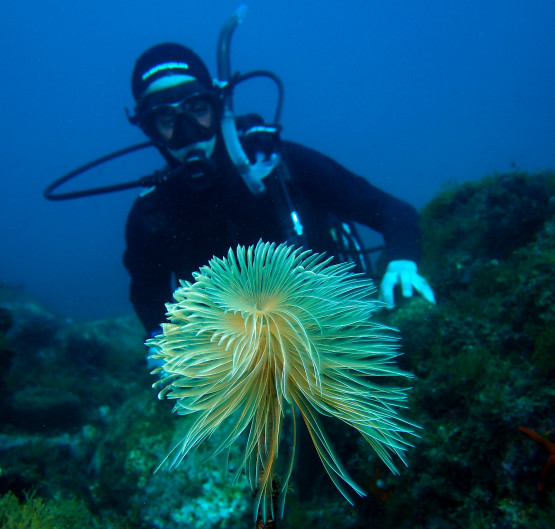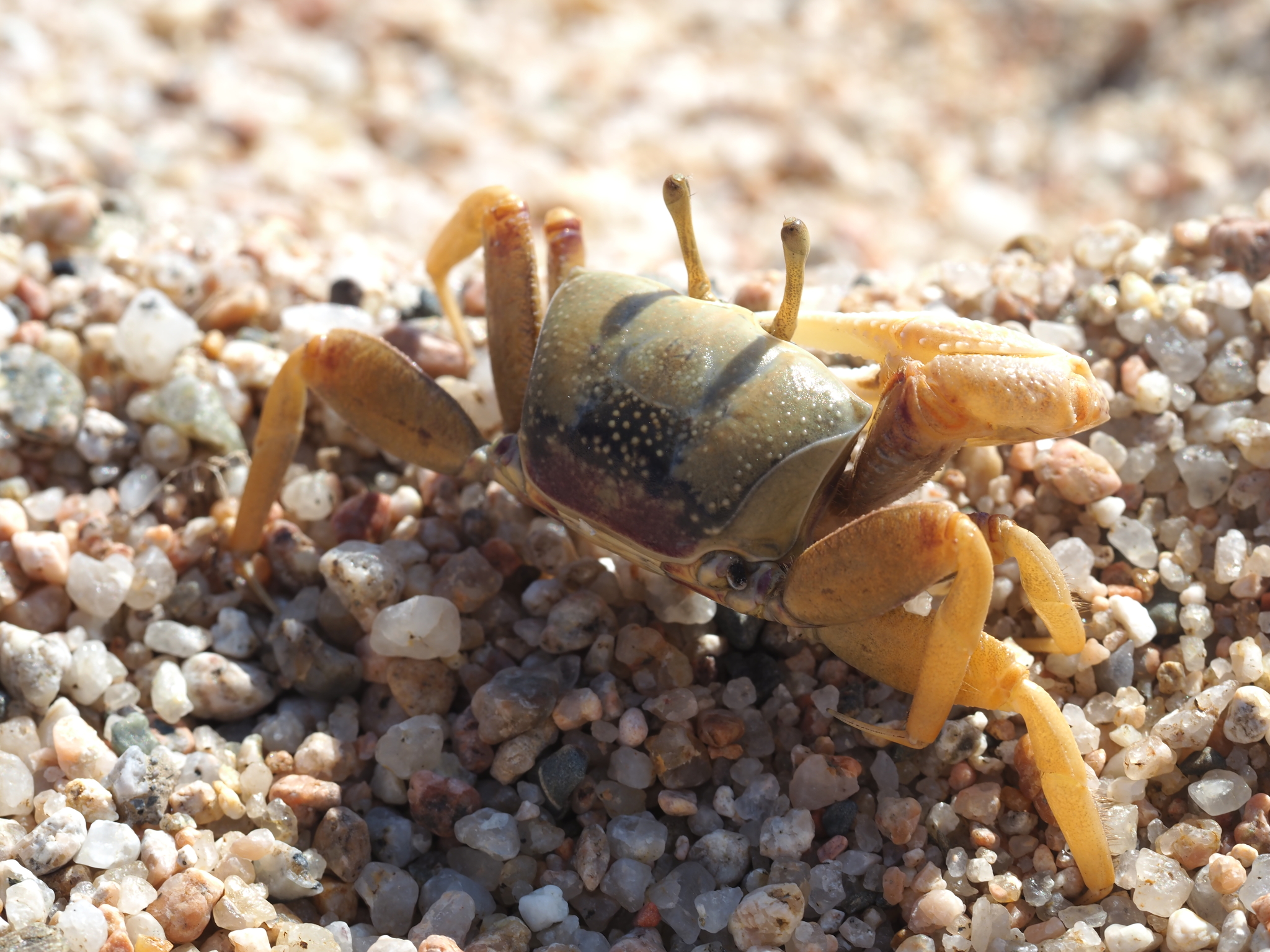
The ANERIS-Supported 2023 BioMarathon Collects over 60 000 Citizen Science Observations
The summer of 2023 saw the exciting start of the BioMARathon along the Catalan coast in Spain. Over 300 volunteers joined the event from the 1st of May until the 15th of October, collecting more than 60 000 observations of marine life, including 34 invasive and 40 protected species, as well as the previously-unrecorded presence of the African fiddler crab (see image).

African Fiddler crab (a. tangeri). (CC BY-NC 4.0 DEED @jastals, MINKA)
This was the third year of the BioMARathon, and the most successful by far, tripling the number of observations of 2022. Co-funded by the ANERIS, MINKE, ECS, and GUARDEN Horizon projects, and organized by EMIMBOS (ICM-CSIC), MINKA, Anèl·lides, FECDAS, Plancton diving, Centre d’Estudis del Mar ( Barcelona Provincial Council), the BioMARathon represents a large collaborative effort to promote citizen science, empower locals, gather extensive marine biodiversity data, improve the MINKA citizen science platform, and increase community engagement in the research and protection of marine biodiversity and habitats.
All observations, each including an image with corresponding geolocation are collected using the MINKA app, and feed into a dedicated database. Over the last three years, BioMARathon observations have catalogued a total of 1900 marine species along the Catalan coast, creating one of Catalonia’s most extensive marine biodiversity databases thanks to the dedication of the public. In 2023 alone, 1440 species were recorded with the notable identification of the African fiddler crab (Afruca tangeri) which continues to infiltrate into habitats deeper in the Mediterranean basin.
Notable invasive species include the green algae Caulerpa cylindracea, the red algae Asparagopsis taxiformis, which, according to experts, may pose a significant threat to native species by competing for space and resources.
In terms of protected species, various rays were identified, including the undulate ray (Raja undulata) and the mobula ray (Mobula mobular), categorized as endangered by the IUCN and included in various international directives, as well as red coral (Corallium rubrum) and several protected seagrasses playing a crucial role in ecosystem formation, erosion prevention and storage of carbon dioxide.

Citizen Scientist collecting underwater observations during the BioMarathon diving activities (CC BY-NC 4.0 DEED Xavier Salvador, MINKA)
The BioMARathon activities featured a friendly competition between the provinces of Girona, Barcelona and Tarragona for the number of recorded observations. All three provinces were supported by diving clubs facilitating various snorkeling and diving activities. In Barcelona, collected observations will be used to update the information of the interactive Barcelona City Biodiversity Atlas, creating a new dedicated layer for molluscs and crustaceans.
An extensive breakdown of the BioMARathon results was presented in an online event on November 30th (2023), and an in-person celebration with some of the organizers and citizen scientist participants was carried out on the 15th of December. On behalf of the entire ANERIS team, we would like to extend our gratitude to all the organizers, participants and everyone involved in the 2023 BioMARathon and we look forward to an even more successful edition in 2024.
Read more here. Find the press releases on the results here and here.